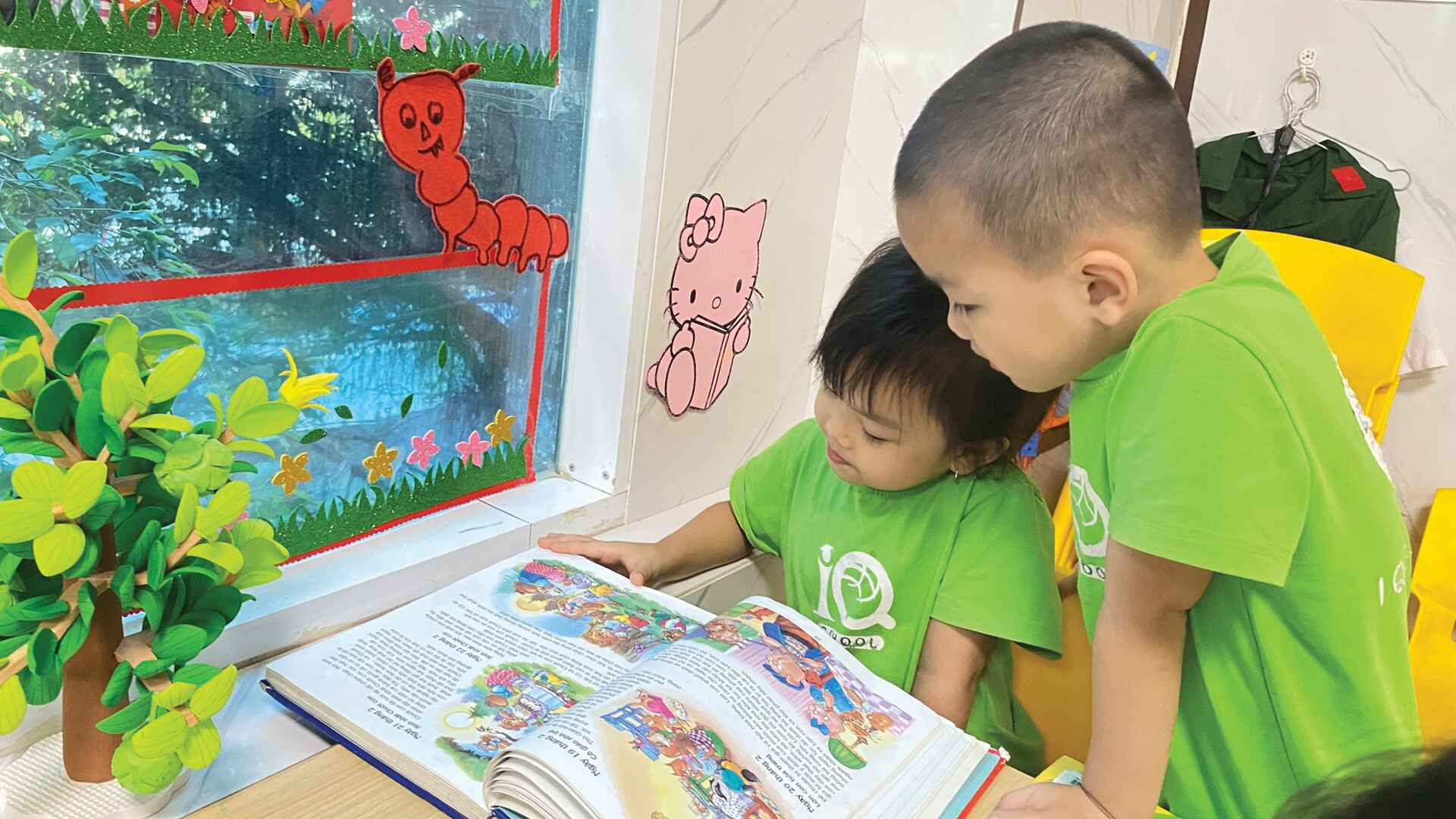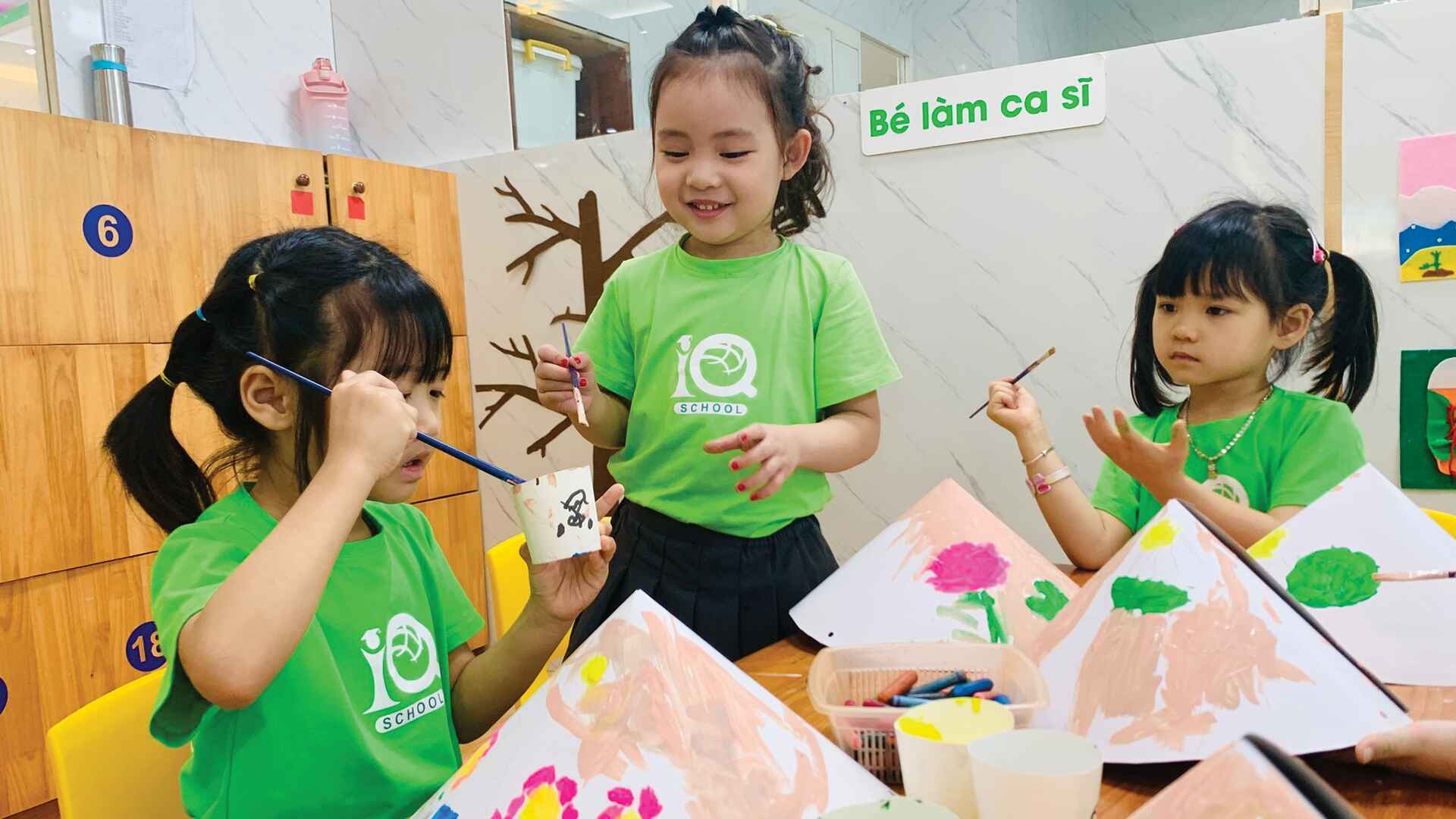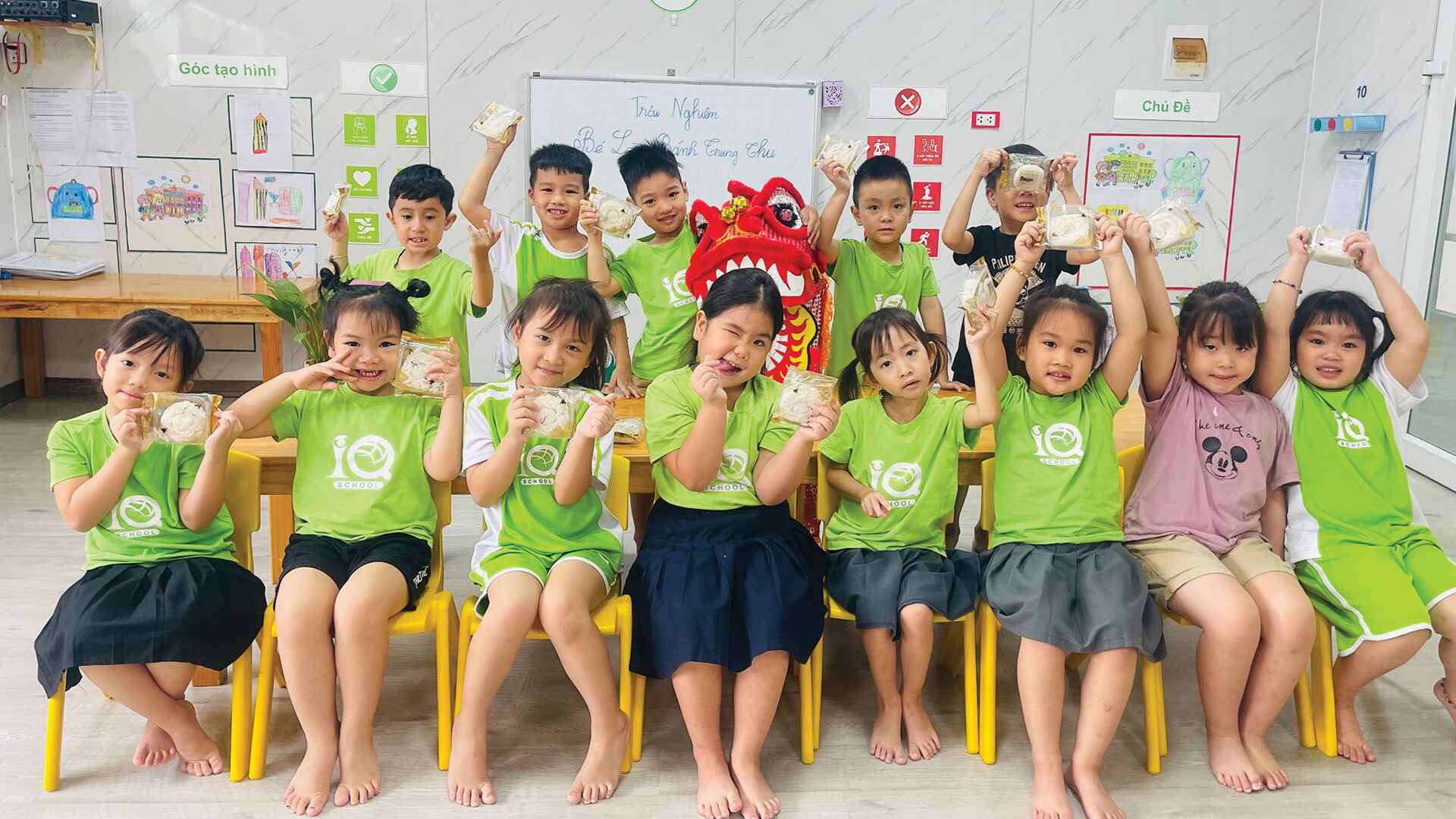Preschool Psychology: What Parents Need to Know to Accompany Their Children
11 November, 2024The preschool stage is an important milestone in a child’s development. This is when children begin to assert themselves, explore the world around them and integrate into the collective environment. Understanding children’s psychology at this stage will help parents accompany and raise their children more effectively. Outstanding psychological changes in preschool children:
- Desire for independence and maturity: Children want to do everything by themselves and demonstrate their abilities.
- Curious and eager to learn: Children always ask “why” questions and enjoy exploring everything around them.
- Integrating into a new environment: School is a new social environment where children learn to interact with friends and teachers.
- Like to express themselves: Children want to be noticed and recognized by adults.
- Sensitive and vulnerable: Children are easily hurt and cry when criticized or not cared for.
Factors affecting children’s psychological development:
Psychological development Children’s psychology is influenced by many factors, including:
- Culture: The family and social cultural environment affects the way children perceive the world.
- Activities: Play and learning activities help children develop skills and thinking.
- Genetics: Genetic factors can affect a child’s personality and abilities.
- Education: Family and school education methods play an important role in shaping a child’s personality and psychological development.
Some common psychological manifestations in preschool children:
- School anxiety: Some children may be afraid or anxious when they have to leave their parents and go to school.
- Interested in exploring Exploring: Children love to explore and discover new things around them.
- Rich imagination: Children often imagine and play the role of their favorite characters.
- Like to imitate: Children tend to imitate the behavior of adults and characters in movies.
Advice for parents:
- Be patient and understand your child: Take time to talk, listen and share with your child.
- Encourage your child to be independent: Create opportunities for your child to do things that are appropriate to their abilities.
- Develop your child’s imagination and creativity: Participate in fun and creative activities with your child.
- Teach your child how to behave and control emotions: Guide your child to express emotions in a positive way.
- Cooperate with the school: Communicate regularly with teachers to grasp your child’s learning and psychological situation.
Remember, each child is an independent individual with unique characteristics. Parents need to observe, understand and respect their child’s development, thereby applying appropriate educational methods to help their child develop comprehensively in both physical and mental aspects.




